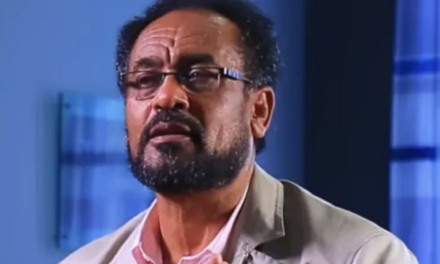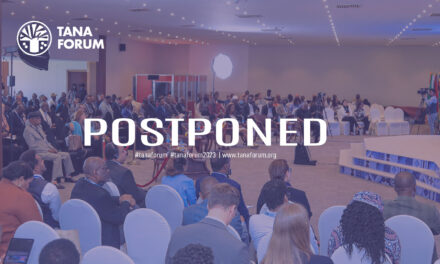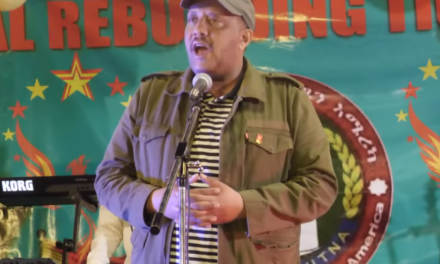The growing crisis in Amhara region is taking a devastating toll as the uprising led by the Fano Movement, tightens its grip on strategic areas across the region. This conflict has thrust the nation into turmoil, with a series of recent developments deepening the crisis.
On August 4, 2023, in response to the Fano Movement’s capture of critical cities like Gondar and Lalibela, the Ethiopian government took a drastic step. They declared a nationwide six-month state of emergency, signaling the gravity of the unrest that has been brewing across the region.
This ongoing conflict has led to a complex and volatile situation. Federal soldiers have found themselves facing off against the Fano militia, which has gained wider support from the people of Amhara, which has faced decades of discrimination, mass killings, mass displacement, and mass detention. Reports suggest that many government troops are surrendering with little resistance. However, in parts of Amhara, disturbing accounts have emerged of government soldiers brutalizing civilians, deepening the crisis.
A recent report by The Guardian, published just last week, exposed the grim realities of this conflict. It revealed that desperate federal soldiers were responsible for the merciless killing of over 70 civilians a Majate, a town in North Shewa. Additionally, the use of drones in the region has amplified the violence. Two weeks ago, in Finote Selam, a drone strike by the airforce tragically claimed the lives of more than 65 civilians.
In another developing story, a senior government official was detained by security forces. The former Minister of Foreign Affairs and President of the Amhara Regional State was briefly detained by security forces. He was subsequently released after authorities confiscated documents, mobile phones, and laptops. In a televised address, Gedu Andargachew, now a Member of the House of People’s Representatives highlighted the existential threats facing the Amhara people. He alleged that the Abiy regime had abandoned its promises of reform, instead resorting to persecution and violence against ethnic Amharas. Andargachew boldly declared that the connection between the Amhara community and the ruling Prosperity Party had been irreparably severed.
The situation in Ethiopia remains deeply complex and fraught with danger, with the international community anxiously awaiting further developments. The Ethiopian government’s declaration of a state of emergency underscores the gravity of the situation. Authorities are now grappling with the monumental task of restoring order and stability to the nation, all while confronting the multifaceted factors fueling this relentless and ongoing conflict.









Please correct this: Gedu Andargachew, now a Member of the House of People’s Liberation Front,
Thank you for that. Corrected.